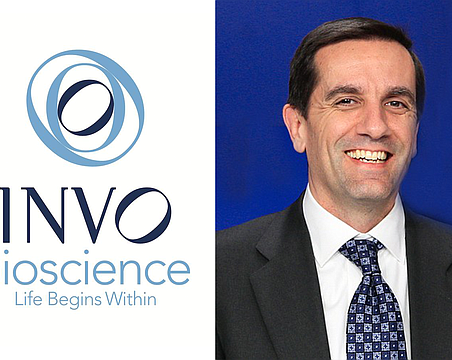Letter writer missed point
Dear Editor:
I wasn't going to do it, but here goes:
First, regarding the "Scorched Earth" letter to the editor, Mr. Schneikart, in my opinion, totally missed the point of the editorial, and more importantly, of the limited government philosophical bent.
I, too, feel respect and compassion for my fellow man is important, even critical to the existence of society.
That does not in any way mean that I believe some bureaucrat downtown, in Tallahassee or in Washington should determine who I assist or to what extent. Salvation Army, Goodwill, United Way, the Cancer Society, St. Judes and thousands of other charities are better equipped to provide assistance more efficiently to those I deem appropriate than is the government. I happen to disagree with encouraging illegitimate children and drug use, which the current government programs, again in my opinion, do.
On to the second (and sadly, related) item: subsidies. I agree with you (the editor) and am surprised you did not point out that there was an excellent health food market (the Granary) downtown a few years ago, which was forced to close that location, though it kept stores on Stickney Point and near the airport. One operating cost they had no control over was high taxes, occasioned at least in part by, surprise!, subsidies given to Arthur Andersen. Remember them? You mention both Granary and AA in random thoughts, but given the above, it seemed appropriate to point out the correlation.
Now I'll go back to work. Quit pissing me off.
Ted Wilson
Longboat Key
Growth does pay its way
Dear Editor:
The question of whether growth pays for itself continues to be a never-ending source of community debate, as witnessed by recent newspaper articles, editorials and local government actions. Recent academic advances in this subject area attempt to address this question comprehensively. The results of a recent study of Manatee County growth shows that new development subsidizes existing taxpayers and points out serious deficiencies in the assumptions and methodologies commonly used in impact fee calculation methods.
University of Florida research economist James Dewey, Ph.D., of the Bureau of Economic and Business Research, has developed a statistical model that tackles the cost of growth head on. The Gulf Coast Builders Exchange and the Home Builders Association of Manatee County requested Dr. Dewey to apply his model to Manatee County. The results provide a rigorous mathematical derivation of the formula he uses to calculate whether there is any need for development impact fees.
I invite the community to review, analyze and critique his study of Manatee County. The study may be found on the Manatee County web site. Dr. Dewey's study considers whether new development in Manatee County generates sufficient public revenue to cover all additional operating and infrastructure costs attributable to the new development, given a requirement that the current level of public service be maintained into the distant future.
Dr. Dewey found that a weighted average housing unit first occupied in Manatee County in 2000, together with all associated commercial, retail and industrial development, would have paid $13,343 more in taxes, in present value terms than the costs it created if no new development had occurred after 2000. He also estimates that such a housing unit would also have paid $1,439 more in taxes to the state of Florida, in present value terms, than the state costs it created. Dr. Dewey assures us that his methodology and assumptions are conservative, by stating that his "estimate of the fiscal benefits of new development is unduly small."
He concludes, therefore, that impact fees are not required to ensure that new development pays its share of public costs in Manatee County. A typical new housing unit in Manatee County enriches existing residents by $14,782, with no impact fees whatsoever. Impact fees, he asserts, "drive a further wedge between the public revenues and costs associated with new development, inappropriately distorting development decisions and enriching existing development at the expense of new development."
In the past, the misplaced burden to prove that growth paid its way has been on the building industry. Though misplaced, the industry has taken on this burden a and provided an academic expert's rigorous, objective analysis, proving what seems obvious to many, that growth does indeed pay its way.
To those who insist that taxes necessarily rise because of growth, I invite them to read Dr. Dewey's study and understand as I have, that local governments have often failed to take fiscal surpluses generated by new development and put those funds toward building infrastructure. Failure to reserve these revenues for future infrastructure expenditures often leads to a catch-up scenario to correct existing deficiencies.
By law, new development cannot pay for such deficiencies, and thus revenues other than impact fees must be found to address these needs. This situation is what leads to tax increases. It is not growth-induced. In Dr. Dewey's words, "It is a political matter whether such revenues will be devoted to infrastructure needs. If they are not, it does not negate the fact that they were contributed by new development."
Jay Brady, AICP
Executive Director, Gulf Coast Builders Exchange





